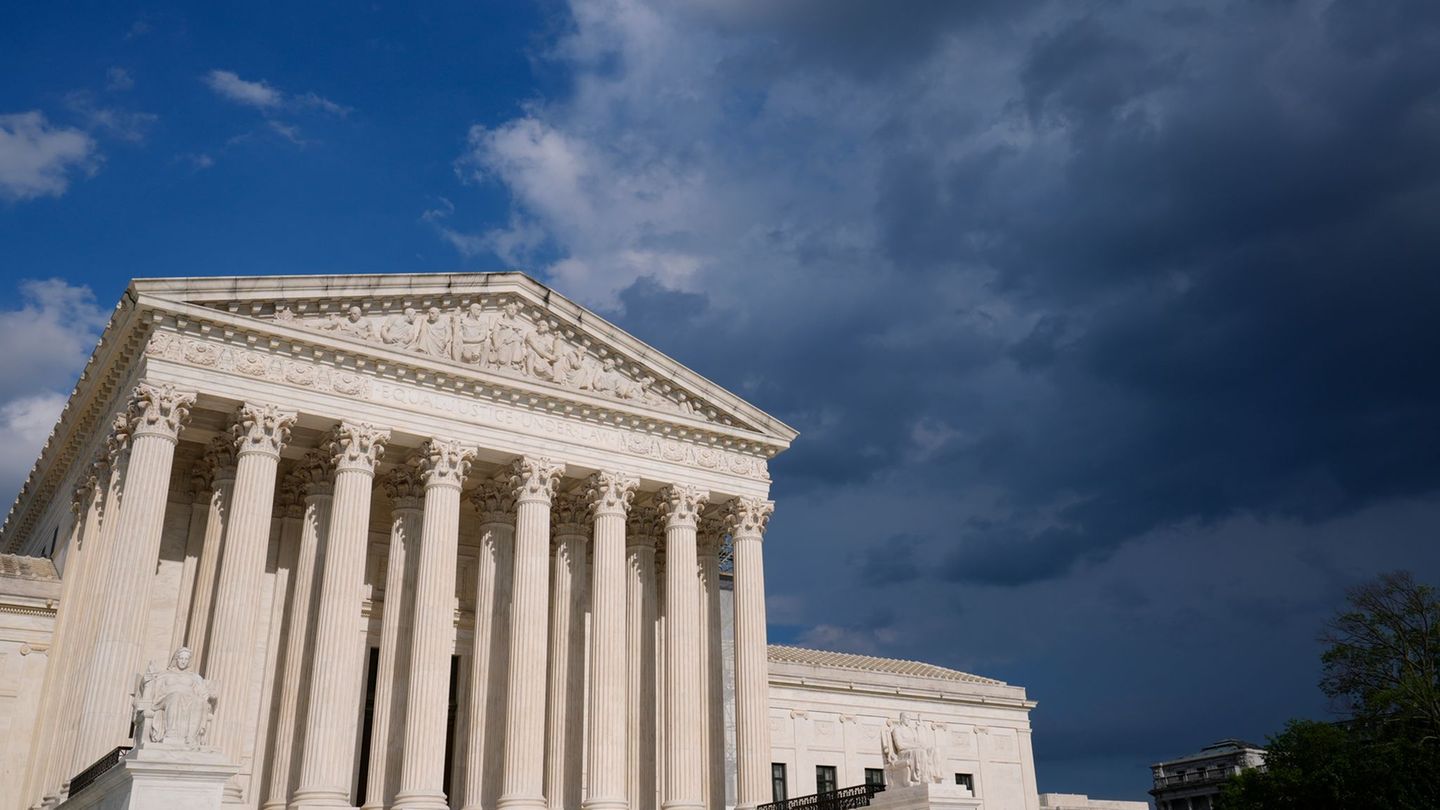Lisandro Cleri is today the number two of the Central Bank and appears today as the main executor of Massa in terms of monetary and exchange policy. His parchments precede him: he was the holder of the ANSES Sustainable Guarantee Fund (FGS) and knows first-hand all the parallel mechanics of the US banknote.
Sergio has someone who writes to him
While preparing for a meeting at the end of August with the head of the International Monetary Fund (IMF), Kristalina Georgieva, Minister Massa received, in the last few hours, a first accolade. The head of the organization pointed out that the political experience of the Tigrense “can be vital to help Argentina” and took the opportunity to emphasize that the organization “continues to be a committed partner in supporting the efforts” of the country. The economist made it clear that she hopes to continue along the path outlined by the former ministers “to support the implementation of her government’s economic program backed by the Fund’s expanded financing agreement,” which she said aims to “safeguard economic stability and ensure sustainable and more equitable growth in Argentina”.
The reality is that the IMF has already begun the second review of said program, that is, the quarterly reviews in which it is evaluated whether the Government complies (or not) with the deficit, reserves and emission goals. In exchange, the Fund makes the agreed disbursements, which serve the country, in the best of cases, to be able to cancel the pending payments. Massa plans to travel to the United States at the end of August to explore the possibility of re-discussing some commitments with the IMF and thus gain a margin (of public spending) for the coming months. Massa would seek to meet not only with the IMF, but with its main shareholder: the US Treasury Department.
Lavagna, Cavallo and Nielsen
All this agenda already raises some questions. One of the first to deserve resolution is that on November 1, the mandate of Sergio Chodos, Argentine representative before the IMF, expires. If one were to be guided by the preliminary movements, the image incorporates Leonardo Madcur, the head of advisers to the Economic Cabinet, who was part of Roberto Lavagna’s team, into the picture. Madcur was, back in 2007, part of Roberto Lavagna’s team.
The departure of Julie Kozack and the enthronement of Brazilian Ilan Goldfajn seem like a signal for the government to make certain changes. Former minister Domingo Cavallo said in the last few hours that Massa should add former official Guillermo Nielsen, father-in-law of the aforementioned Madcur, to his cabinet.
Prayer for reservations
The second question is whether the minister will advance in the request for a waiver (forgiveness) with the IMF, related to the amount of reserves that the BCRA has. The situation is very complex. It is very difficult for the entity to add dollars. For this reason, as soon as Massa assumed it, he said that he expects to have some US$7,000 million of liquidation from different sectors. To this would be added a loan operation, managed abroad, which raises some questions, since, they point out, they would be borrowing dollars at an interest rate that is probably high and against guarantees in sovereign bonds, to sell those currencies quickly ( to a few lucky ones) in the local market at an exchange rate of $140. Doesn’t sound like a good deal.
All in all, doubts are moved to within a few weeks, once a few additional dollars have been accumulated in reserves. What decision will the president and the minister make? Will there be support to accelerate the devaluation of the official exchange rate? Or will they decide on a split in a first stage? If it depended on Georgieva, the first would be the most recommended by the body. The objective of the IMF is that, at some point, Massa manages to unify the financial dollars with the official one. The adviser Daniel Marx, widely listened to in the Palacio de Hacienda, usually points out that until the gap is narrowed, there will be no possibility of unifying via devaluation. The former Secretary of Finance has concentrated on managing the liabilities in pesos and getting the dollars to the BCRA.
Nonstop fees to heaven, as Dornbusch says
For now, preliminary work points to the rate issue. In the last few hours, the Central Bank confirmed a rise of another 950 basis points for the Leliq interest rate, the largest jump during Alberto Fernández’s term. In this way, Miguel Pesce takes the monetary policy rate to 69.5% of TNA. An old indication from the IMF appears on the horizon: slow down the pace of economic growth, a forced landing to ensure a lower demand for dollars by imports and temper prices. It must be remembered that the organization’s program with Argentina foresees a GDP expansion of between 3.5% and 4.5% in 2022; between 2.5% and 3.5% in 2023 and between 2.5% and 3% in 2024. This forecast seems to be designed to measure the foreign exchange savings necessary to accumulate reserves and the low intensity in matter of the engine of consumption in the GDP, so as not to demand additional imports. Economic orthodoxy, in the manner of Dornbusch and Fischer. In some way, and in these aspects, the government continues along the path it envisioned a few months ago, despite the war, which will put more pressure from now on to fulfill what was promised to Kristalina Georgieva, the managing director of the IMF.
Source: Ambito
David William is a talented author who has made a name for himself in the world of writing. He is a professional author who writes on a wide range of topics, from general interest to opinion news. David is currently working as a writer at 24 hours worlds where he brings his unique perspective and in-depth research to his articles, making them both informative and engaging.




